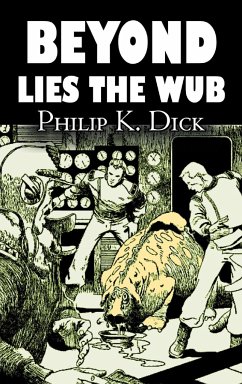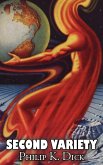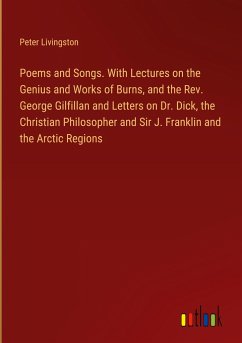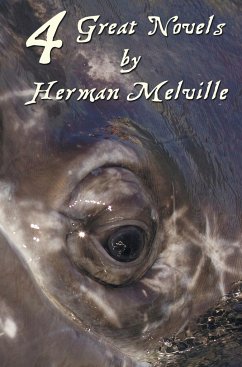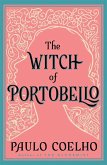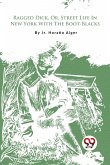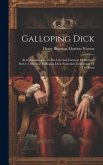The wub stood sagging, its great body settling slowly. It was sitting down, its eyes half shut. A few flies buzzed about its flank, and it switched its tail. It sat. There was silence. "It's a wub," Peterson said. "I got it from a native for fifty cents. He said it was a very unusual animal. Very respected." "This? It's a pig! A huge dirty pig!" "Yes sir, it's a pig. The natives call it a wub." "A huge pig. It must weigh four hundred pounds." Franco grabbed a tuft of the rough hair. The wub gasped. Its eyes opened, small and moist. Then its great mouth twitched. A tear rolled down the wub's cheek and splashed on the floor. "Maybe it's good to eat," Peterson said nervously. "We'll soon find out," Franco said.
Hinweis: Dieser Artikel kann nur an eine deutsche Lieferadresse ausgeliefert werden.
Hinweis: Dieser Artikel kann nur an eine deutsche Lieferadresse ausgeliefert werden.

